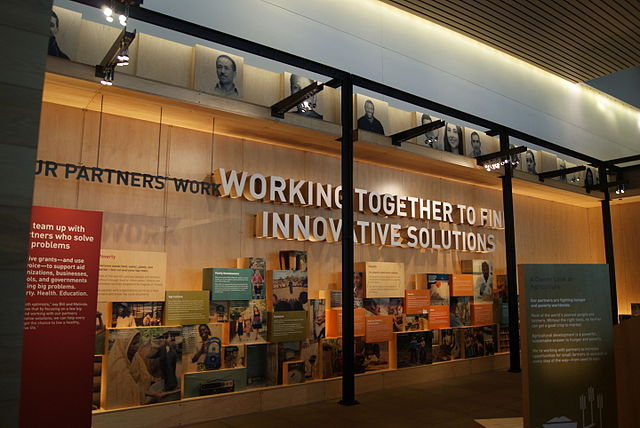The race to zero: Nigeria's fight to wipe out polio
Ahmadu Kanduwa's home is just two kilometers away from the local clinic in Nigeria's northern Sumaila district -- two kilometers from the vaccine that could have prevented his son, Isa, from contracting polio more than a year ago. Isa received two of the oral polio vaccinations. Painfully close to the four doses recommended for complete immunity.
Oral administration of the polio vaccine
In a district that now has an immunization rate of around 85%, officials hope Isa's will be Nigeria's last new case of polio. More than a year of being polio-free highlights how close the country is to a major milestone. But Isa's case also shows just how difficult polio can be to fully eradicate.
For the government and world healthcare organizations, eradicating the disease means traveling to the furthest and hardest to reach corners of Africa's most populated country. It will be at least another two years before Nigeria can be officially certified polio free.
A market in Lagos, capital city of Nigeria
Nigeria is one of three countries, along with Afghanistan and Pakistan, where population density and poor sanitation, coupled with insecurity in the region and threats against healthcare workers, allowed a virus all but forgotten in most of the world to flourish.
A boy receiving the polio vaccine by injection
The Gates Foundation has contributed billions toward Nigeria's polio-eradication campaign. Nigeria came close to stamping out polio before. But then in 2003, governors and religious leaders in the north spoke out against and banned the vaccine. There were widespread fears it would cause several health complications and that polio was a Western conspiracy. In just a few short years, the virus took off once again in Nigeria.
Melinda French Gates and Bill Gates speak during the 'Gates Foundation' press conference at the Annual Meeting 2009 of the World Economic Forum in Davos, Switzerland
Now Nigeria is once again on the verge of eradication, in part because the campaign funded by the Gates Foundation is putting communities first. It works with community leaders and religious leaders to ensure that every child is reached no matter where they are. Healthcare teams deployed to the field also do more, from routine immunizations to antenatal care.
The Gates Foundation visitor centre in Seattle, Washington
Said the CEO of Gates Foundation,
"The hope for an outcome that stops polio and strengthens the healthcare infrastructure is becoming real."
Click here to read more about other types of diseases that plague the world.
(All images - credit: Wikimedia Commons under Creative Commons licence)







-640x356.jpg)

